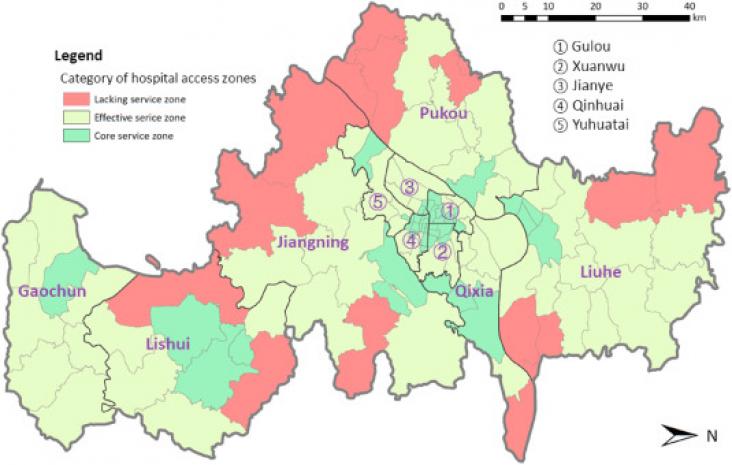Transforming food systems is essential to ensuring nutritious, safe, affordable, and sustainable diets for all, including children and adolescents.
Building on the Innocenti Framework on Food Systems for Children and Adolescents, this paper describes the significance of a food systems approach to improving children's diets.

Background: With the rapid demographic shift towards an ageing society, it is a concerted effort to facilitate elderly's access to healthcare in order to maintain and improve their quality of life.
